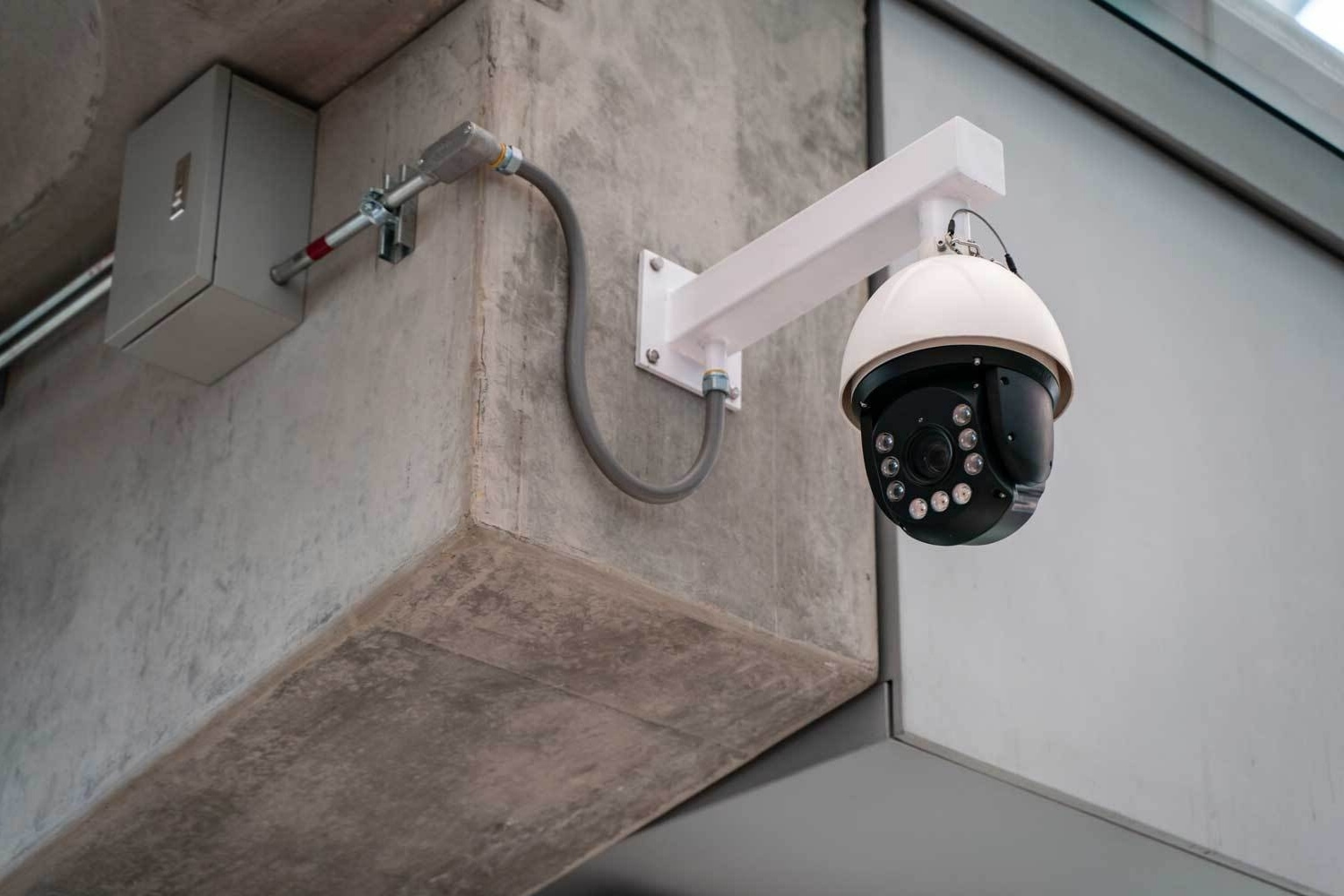
Security cameras have become a staple in modern life, offering peace of mind and protection. But how much do you really know about these watchful devices? Did you know that the first CCTV system was installed in 1942 to monitor V-2 rockets? Or that there are over 770 million surveillance cameras worldwide today? These gadgets have evolved from bulky, grainy footage machines to sleek, high-definition marvels. They can now recognize faces, detect motion, and even alert you via smartphone. Whether you're a tech enthusiast or just curious, these 30 facts will give you a deeper understanding of the world of security cameras. Buckle up for some eye-opening insights!
The Evolution of Security Cameras
Security cameras have come a long way since their inception. From grainy black-and-white footage to high-definition video, these devices have evolved significantly over the years. Here are some fascinating facts about security cameras that highlight their journey and importance.
-
The first CCTV system was installed in 1942 by Siemens AG in Germany to observe the launch of V-2 rockets.
-
Early security cameras required constant monitoring as they couldn't record footage.
-
The first recorded use of a security camera in the United States was in 1968 in Olean, New York, to monitor crime in public spaces.
Technological Advancements
With advancements in technology, security cameras have become more sophisticated, offering features that were once considered science fiction. Let's look at some of these technological marvels.
-
Modern security cameras can record in 4K resolution, providing crystal-clear images.
-
Infrared technology allows cameras to capture footage in complete darkness.
-
Some cameras are equipped with facial recognition software, identifying individuals in real-time.
-
Motion detection technology triggers recording only when movement is detected, saving storage space.
-
Wireless security cameras eliminate the need for extensive wiring, making installation easier.
Applications in Various Fields
Security cameras are not just for home security; they have a wide range of applications in various fields. Here are some interesting uses.
-
Retail stores use security cameras to monitor customer behavior and prevent theft.
-
Traffic cameras help in monitoring and managing road traffic, reducing accidents.
-
Schools and universities use cameras to ensure the safety of students and staff.
-
Wildlife researchers use cameras to study animal behavior in their natural habitats.
-
Hospitals use security cameras to monitor patient safety and ensure proper care.
Legal and Ethical Considerations
The use of security cameras raises several legal and ethical questions. It's essential to understand these aspects to ensure responsible usage.
-
In many places, it's illegal to install security cameras in private areas like bathrooms and changing rooms.
-
Employers must inform employees if they are being monitored by security cameras.
-
Public surveillance cameras have sparked debates about privacy and civil liberties.
-
Some countries have strict regulations regarding the storage and use of recorded footage.
Fun and Surprising Facts
Security cameras have some fun and surprising aspects that you might not know. Let's dive into these quirky facts.
-
The world's smallest security camera is just 1mm in diameter, making it almost invisible.
-
Some security cameras are disguised as everyday objects like smoke detectors and clocks.
-
The average person is caught on security cameras about 300 times a day.
-
In London, there is approximately one security camera for every 14 people.
-
Security cameras have helped solve numerous crimes by providing crucial evidence.
The Future of Security Cameras
The future of security cameras looks promising with continuous innovations and improvements. Here are some exciting developments on the horizon.
-
AI-powered cameras can analyze behavior patterns and predict potential security threats.
-
Solar-powered security cameras offer an eco-friendly alternative to traditional models.
-
Cameras with built-in speakers and microphones allow for two-way communication.
-
Drones equipped with security cameras provide aerial surveillance, covering large areas.
-
Augmented reality (AR) integration could offer real-time data overlays on camera footage.
Impact on Society
Security cameras have had a profound impact on society, influencing various aspects of daily life. Here are some ways they have made a difference.
-
They have increased the sense of security in public places, reducing crime rates.
-
Security cameras have become a valuable tool for law enforcement agencies.
-
They have also raised awareness about the importance of personal and property security.
Final Thoughts on Security Cameras
Security cameras have become an essential part of modern life. They offer peace of mind, deter crime, and provide valuable evidence when needed. From the early days of grainy footage to today's high-definition, smart cameras, the technology has come a long way. Whether you're looking to protect your home, business, or public spaces, there's a camera to fit every need and budget.
Remember, placement is key. Ensure cameras cover all vulnerable areas and are installed at the right height. Regular maintenance is crucial to keep them functioning optimally. With advancements like facial recognition, night vision, and remote access, security cameras are more effective than ever.
Investing in a good security system is a step towards a safer environment. Stay informed, choose wisely, and you'll reap the benefits of enhanced security and peace of mind.
Was this page helpful?
Our commitment to delivering trustworthy and engaging content is at the heart of what we do. Each fact on our site is contributed by real users like you, bringing a wealth of diverse insights and information. To ensure the highest standards of accuracy and reliability, our dedicated editors meticulously review each submission. This process guarantees that the facts we share are not only fascinating but also credible. Trust in our commitment to quality and authenticity as you explore and learn with us.
